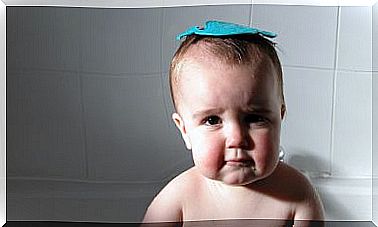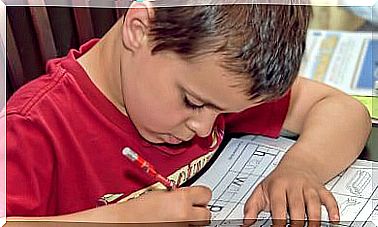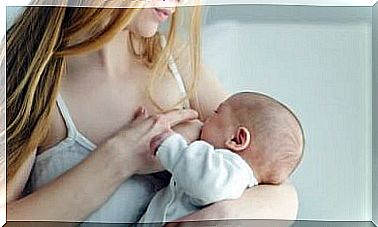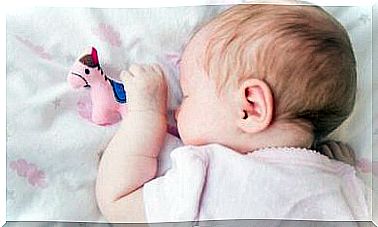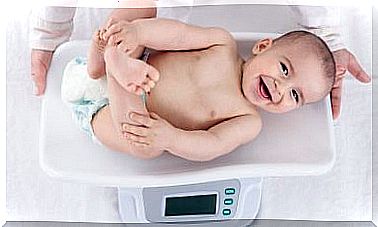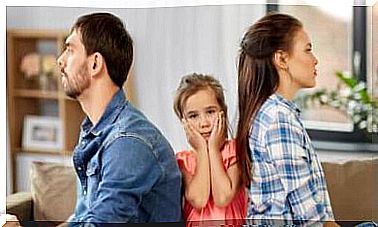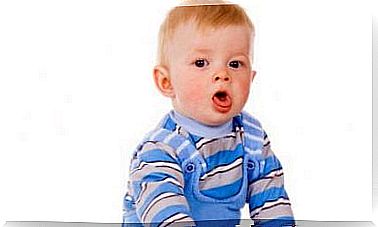The Breathing Of Newborn Babies
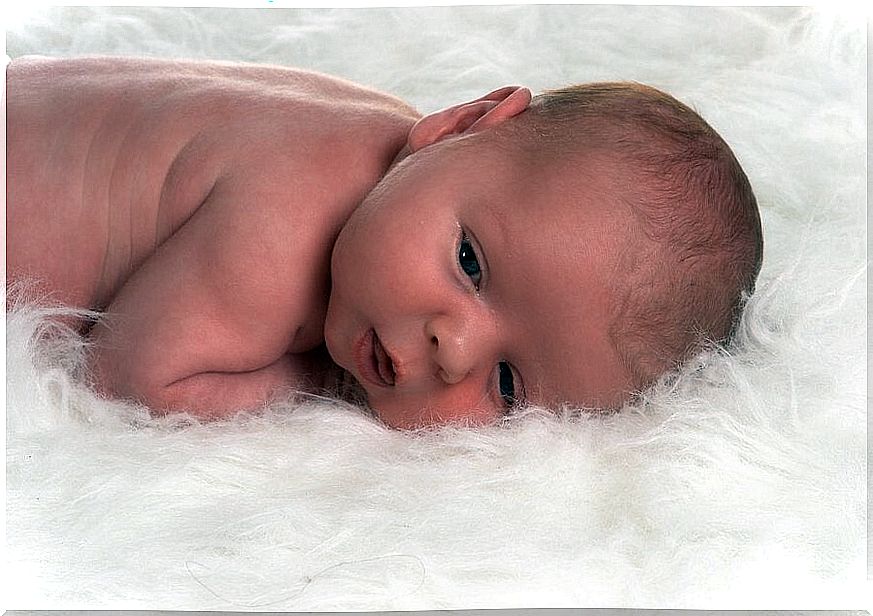
The breathing of newborn babies is one of the things parents are most concerned about. The first thing to know is that babies breathe much faster than adults and have irregular breathing patterns.
Although irregular breathing may seem disturbing, this is no reason to panic. The different frequencies are very normal and stabilize as the little one grows.
If you want to make sure that the baby is breathing properly, you have to be careful and consider his breathing rhythm. In general, a newborn baby should breathe between 40 and 60 times per minute.
The Breathing of Newborn Babies
A newborn breathes faster than an adult. This is because they don’t have the lung capacity to hold a lot of oxygen, so they have to inhale and exhale more often.
An adult breathes about 18-20 times per minute. In contrast, a baby breathes in and out between 40-60 times per minute.
Newborn babies’ breathing is not consistently rhythmic, as their breathing is rapid and shallow. In some cases it is longer and slower, followed by shorter ones.
Then they may pause for a few seconds and not breathe at all. This is known as “periodic breathing” and is completely normal in most healthy babies.
If you want to make sure that the baby is breathing normally, we recommend that you follow the tips below:
- Observe the baby’s breast for a week and look for irregularities in the way the breast rises and falls. If the pattern changes, consult a pediatrician.
- Listen to the sounds the baby makes while sleeping. We recommend that you place your ear near his mouth or nose to detect irregularities in his breathing.
- You can also place your cheek next to your baby’s nose and mouth to feel the moisture and heat while breathing. This way you can notice if there are any changes taking place while the baby is sleeping.
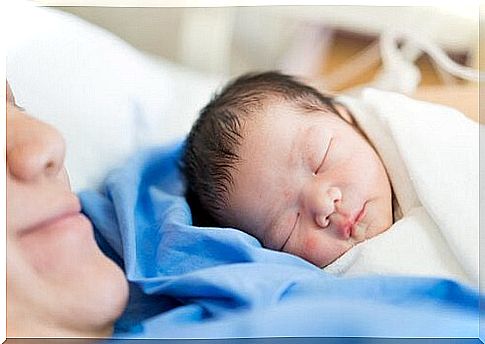
Why is Newborn Babies Breathing Noisy?
In many cases, noisy breathing is caused by the sound of air passing over the accumulated saliva in the back of the baby’s throat. Unlike adults, babies cannot clear their throats, cough when they want to, or consciously regulate their own breathing.
That’s why we recommend using a saline solution as nasal drops when you think it’s necessary. These liquefy the nasal secretions and help to clear the mucous membranes that can clog the baby’s nostrils.
Before doing this, however, check with the pediatrician and make sure there is no medical cause causing noisy breathing.
These are the things that cause the breathing to be noisy in newborns:
- His airways are small. This means that he cannot breathe a lot of air at once. He has to inhale and exhale more often than adults.
- The newborn has a very small nose.
- His nose may be blocked by mucus.
- Babies breathe in and out through the nose.
- If the nose is blocked, this makes breathing noisier.
- Excess saliva accumulates in the back of the throat.
When should you go to the doctor?
In babies, mild symptoms can get worse very quickly. We therefore recommend that you seek immediate medical attention in the following cases:
- Pauses during breathing that last more than 15 seconds.
- If the baby stops breathing and the area around the mouth becomes limp, pale or bluish.
- The baby’s skin turns blue during periods of normal breathing.
- The baby vomits repeatedly or does not eat properly.
- High fever of 38°C or more.
- The baby is breathing very fast.
Finally, remember that the breathing of newborn babies may be accompanied by some strange noises, but in most cases you shouldn’t worry too much about them.
Only the above cases require special attention and an urgent visit to a specialist.

